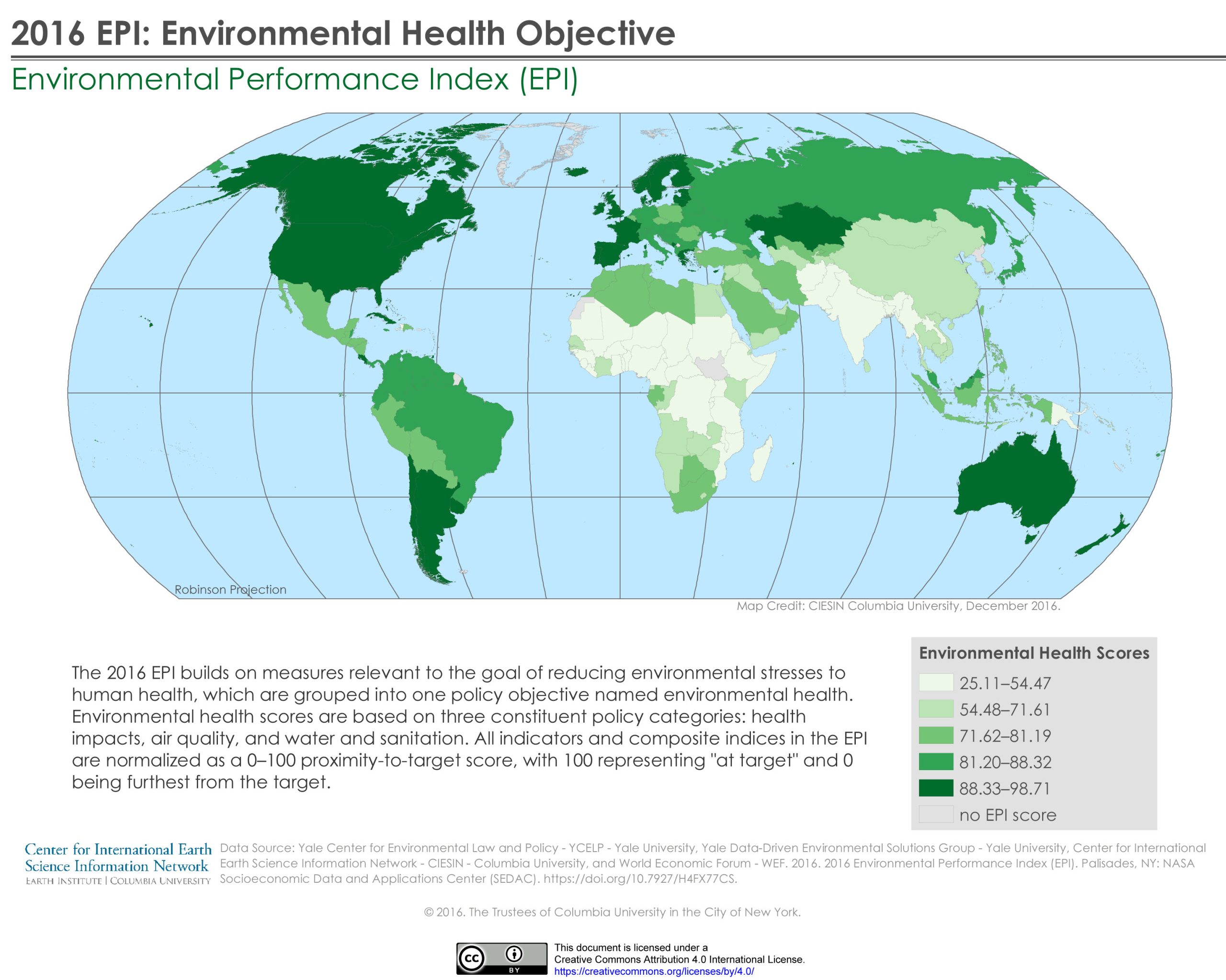Title: Newly Implemented Regulations in North Carolina Restrict Marketing and Rights in Sports Betting
Introduction:
Sports betting has gained significant popularity in recent years, prompting many states to legalize and regulate this form of gambling. North Carolina is among the latest states to embrace sports betting, but with newly implemented regulations, the marketing and rights surrounding this activity are now subject to restrictions. This article aims to shed light on the key aspects of these regulations and their potential impact on the sports betting landscape in North Carolina.
1. Background on Sports Betting in North Carolina:
North Carolina officially legalized sports betting in July 2019, following the U.S. Supreme Court’s decision to overturn the federal ban on sports gambling. The state’s legislation allows for both in-person and online sports betting, providing an opportunity for sports enthusiasts to engage in this form of entertainment legally.
2. Marketing Restrictions:
To ensure responsible gambling practices and protect vulnerable individuals, North Carolina’s newly implemented regulations impose strict limitations on sports betting marketing. Advertisements promoting sports betting are now required to include responsible gambling messages, such as information about problem gambling helplines and resources for seeking help. Additionally, marketing campaigns must not target minors or exploit vulnerable populations.
3. Rights and Responsibilities of Operators:
The regulations also outline the rights and responsibilities of sports betting operators in North Carolina. Operators are required to obtain licenses from the North Carolina Education Lottery Commission (NCEL) to legally offer their services. These licenses come with certain conditions, including adherence to responsible gambling guidelines, ensuring fair play, and implementing robust security measures to protect user data.
4. Protection of Athletes and Sports Integrity:
To safeguard the integrity of sports events and prevent any potential corruption, North Carolina’s regulations prohibit athletes, coaches, referees, and other sports personnel from participating in sports betting activities. This restriction aims to maintain fair competition and prevent conflicts of interest that could compromise the integrity of sporting events.
5. Collaboration with Tribal Nations:
North Carolina’s regulations also emphasize collaboration with tribal nations in the state. The legislation allows tribal casinos to offer sports betting, providing an opportunity for economic growth and revenue generation for these communities. This collaboration ensures that tribal nations have a stake in the sports betting industry and can benefit from its expansion.
6. Potential Impact on the Sports Betting Landscape:
The newly implemented regulations in North Carolina are expected to have a significant impact on the sports betting landscape. By imposing marketing restrictions, the state aims to strike a balance between promoting this form of entertainment and protecting vulnerable individuals from excessive gambling. The rights and responsibilities outlined for operators ensure a fair and secure environment for bettors, fostering trust in the industry.
7. Conclusion:
As North Carolina joins the growing list of states legalizing sports betting, the newly implemented regulations play a crucial role in shaping the industry’s future. By restricting marketing practices and safeguarding the rights of operators and athletes, the state aims to create a responsible and transparent sports betting environment. These regulations not only protect consumers but also contribute to the overall integrity of sports events, ensuring a positive experience for all involved parties.
